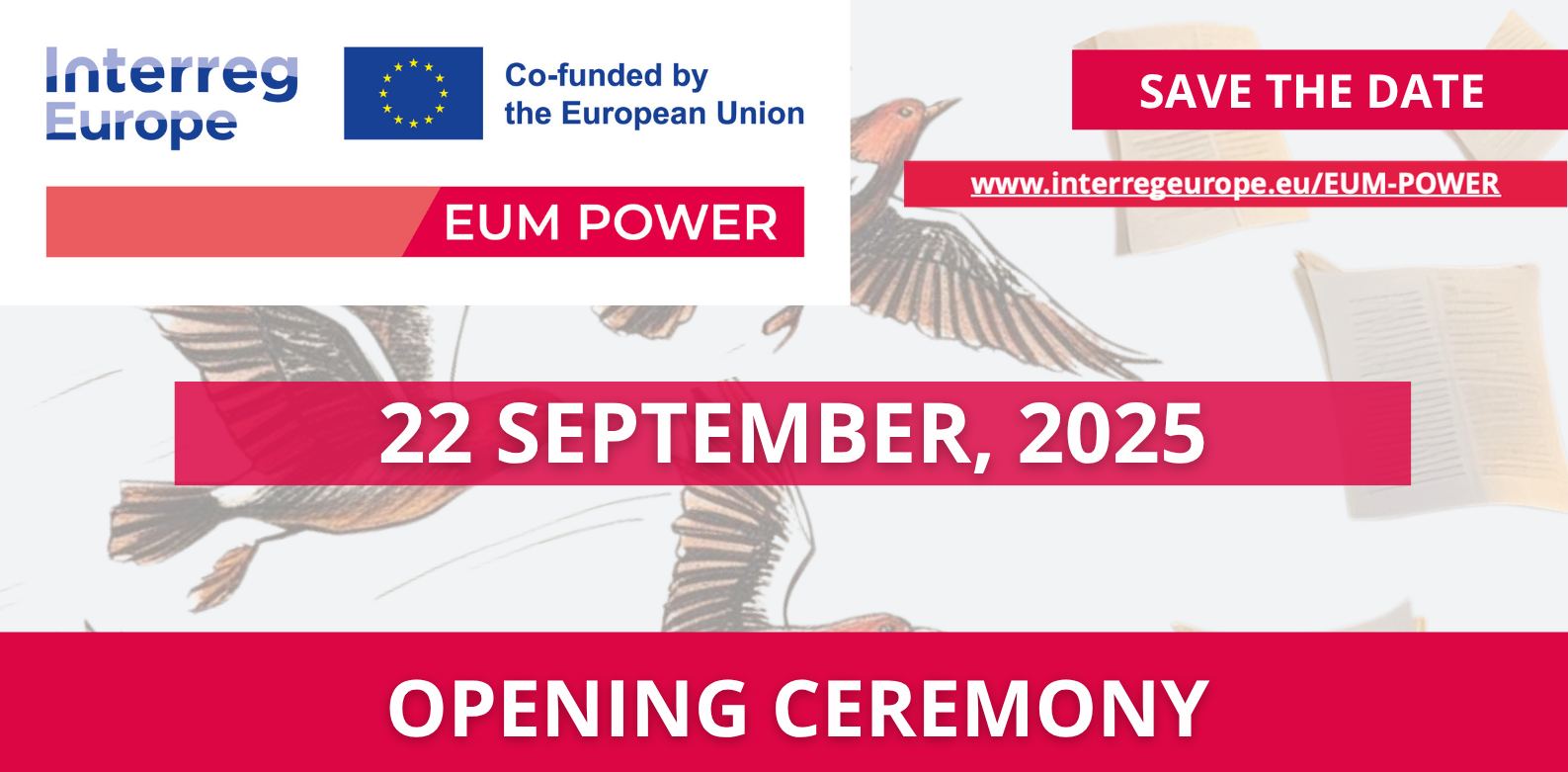Which countries are members of the European Union?
There are 27 European countries in the EU. Until early 2020, the European Union had 28 member states, before the United Kingdom left following a referendum. The last major expansion of the EU occurred in 2004, when 10 new European countries joined. The most recent accession was in 2013, when Croatia became a member.
Here is the list of EU countries in 2025: Belgium, Bulgaria, Cyprus, Denmark, Germany, Estonia, Finland, France, Greece, Hungary, Ireland, Italy, Croatia, Latvia, Lithuania, Luxembourg, Malta, Netherlands, Austria, Poland, Portugal, Romania, Slovenia, Slovakia, Spain, CzechRepublic, and Sweden.
What is the difference between the EU and the Schengen Area?
The European Union (EU) and the Schengen Area are often confused, but they are two separate forms of cooperation in Europe. While many countries participate in both, they follow different rules and have different memberships.
The Schengen Area is a zone of European countries that have abolished passport checks at their mutual borders. This means that people – regardless of their nationality – can travel from one Schengen country to another without undergoing border controls. For example, when driving from Germany to France or taking the train from the Netherlands to Belgium.
The Schengen Area currently includes 29 countries, most of which are also members of the EU. However, there are some exceptions:
- Non-EU countries that are part of Schengen: Switzerland, Norway, Iceland and Liechtenstein.
- EU countries that are not part of Schengen: Ireland and Cyprus. Ireland has opted out voluntarily, while Cyprus has not yet met all the required conditions.
It is important to note that although there are no routine border checks within Schengen, this does not mean there are no security measures. In exceptional circumstances – such as during a crisis or a major event – countries can temporarily reintroduce border controls.
Which EU countries use the euro?
In 20 EU member states, the euro is the official currency. Together, they form the eurozone. Denmark has a permanent opt-out andcontinuestousetheDanishkrone. Bulgaria, Czech Republic, Hungary, Poland, Romania, and Sweden have not yet adopted the euro.
Why not? Some countries do not yet meet the economic criteria, while others prefer to keep their own currency. Sweden voted against adopting the euro in a referendum in 2003, and Poland and Hungary prefer to maintain control over their own currency. Officially, they are required to adopt the euro eventually, but as there is no fixed deadline, they are in no hurry to do so.

Map of EU member states in 2025. Photo source: iStockby Lukas Kurka.
When will Ukraine become a member of the EU?
Since the Russian invasion in 2022, Ukraine has sought to join the EU more quickly. The country is now an official candidate for membership. This means that Ukraine is allowed to negotiate EU accession, along with Moldova, Albania, Montenegro, North Macedonia, Serbia, and Bosnia and Herzegovina.
Accession talks typically take many years, during which the EU imposes requirements on laws, democracy, the rule of law, and a free market economy. For Ukraine and Moldova, this process could take even longer: Ukraine is grappling with war, and in Moldova, a pro-Russian breakaway region is holding up the talks.
Despite financial support from European governments, the Dutch government maintains that Ukraine should not receive preferential treatment. Like other candidate countries, Ukraine must first meet all the membership requirements.
Turkey has also been an official candidate country since 1999, but accession negotiations have effectively been at a standstill since 2018 due to concerns about human rights and the rule of law.





















































